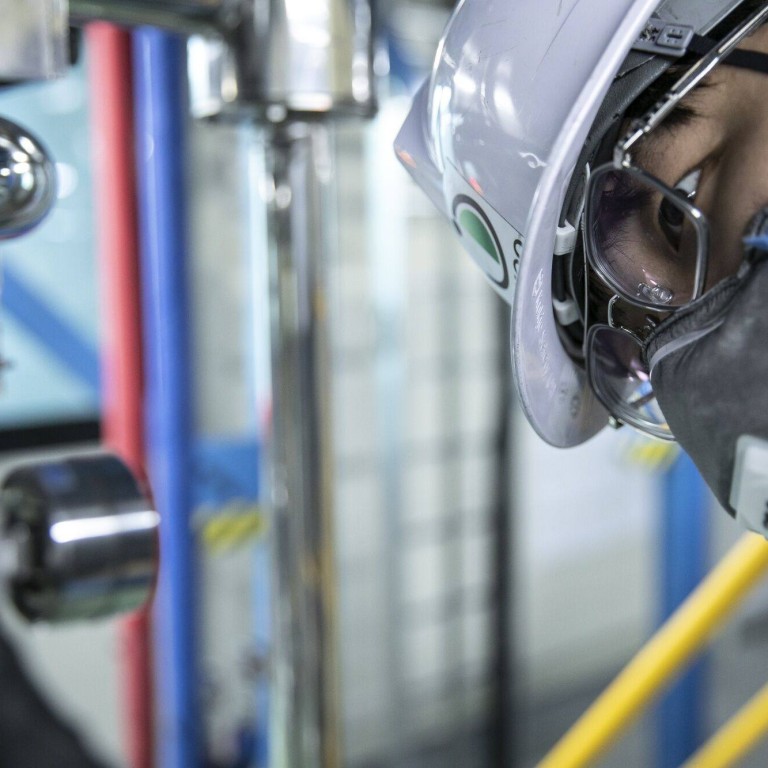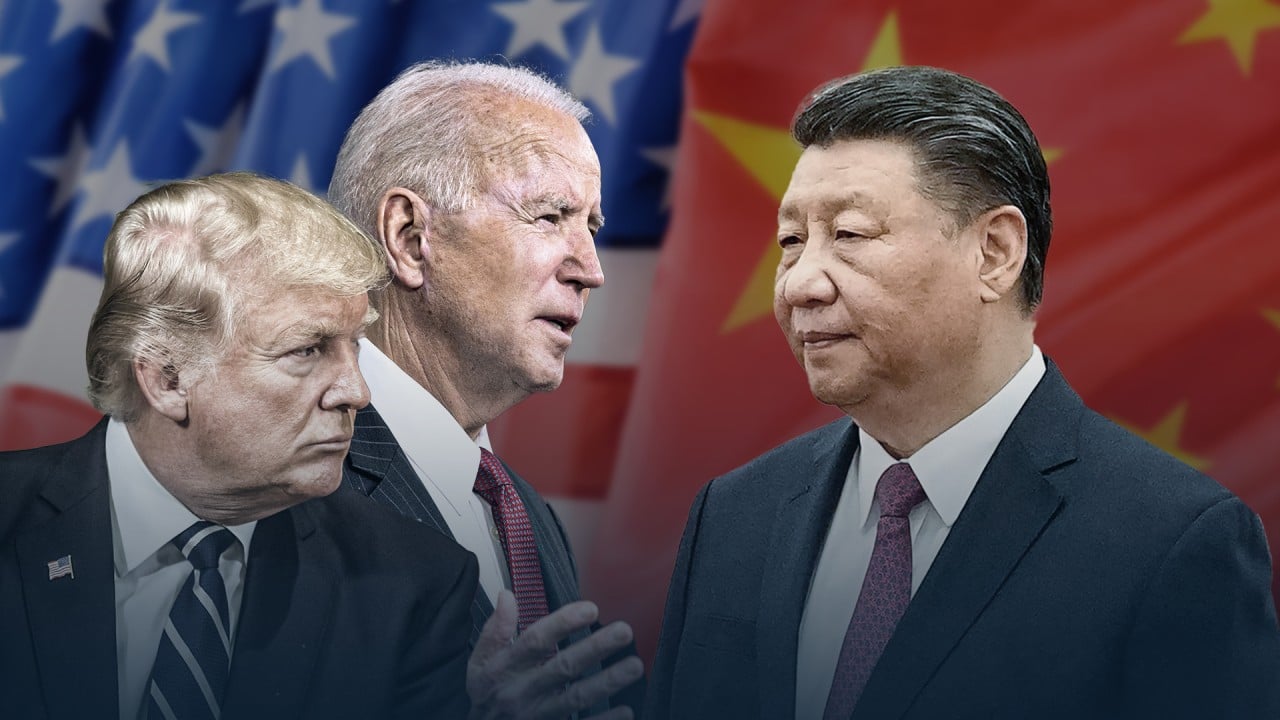
Chinese battery companies spy a South Korean loophole to skirt US subsidy rules
- Some US$4 billion of investments in new battery factories have been unveiled by Chinese companies and their Korean partners over the past four months
- The firms want to take advantage of Seoul’s free-trade agreement with the US so that they can qualify for tax breaks under the Inflation Reduction Act
Over the past four months, Chinese companies and their Korean partners have announced some 5.1 trillion won (US$4 billion) of investments in five new battery factories in South Korea. And at least one local government is in talks for more projects, officials from the Saemangeum Development and Investment Agency say.
Ningbo Ronbay New Energy Technology Co. announced last week that it had been approved to set up a factory in South Korea that will eventually produce about 73,000 tonnes of ternary precursors, an ingredient from which a cathode is formed, a year.
“The product produced by the company’s Korea base meet the relevant requirements for qualified key minerals in the IRA bill and can enjoy the benefit of tariff policies when exporting to European and US markets,” Ronbay New Energy said.
You Sang-yul, head of Ronbay’s Korean branch, said separately in an interview that “South Korea has a lot of talent and knowledge about batteries. Choosing Korea is part of our global strategy because of the IRA.”
EVs put China on course to overtake Japan as No 1 car exporter
“We will continue to assess and respond to any national security concerns associated with both international and domestic supply chains,” said Ashley Schapitl, a spokeswoman for the Treasury.
“China and South Korea, we need each other,” said Lee Myung-kyu, an official at the Korea Battery Industry Association in Seoul. “Korean cell makers feel it’s risky to import battery materials like cathodes and precursors from China due to the IRA. If those raw materials are all made in South Korea, that means Korea will have a more stable supply chain in the country.”
In addition to Ronbay New Energy, SK On announced a joint venture with a Chinese firm in March to build a precursor factory, while Zhejiang Huayou Cobalt Co. agreed to joint ventures with a chemical subsidiary of LG Group and Posco Future M Co. earlier this year. Posco Holdings Inc. in June announced a deal with China’s CNGR Advanced Material Co. to build a nickel refinery.
The US can’t exclude Chinese firms from EV supply chains ... If they ban Korea-China partnerships, the US will never be able to make EVs
The agreements SK On and LG have signed are in the early stages and contract terms aren’t finalised yet, pending final IRA details, company spokespeople said.
Partnerships with Chinese firms can be risky for Korean companies because the US could block the joint ventures from any IRA tax benefits at any time, said James Lee, an analyst at KB Securities Co.
To assuage such concerns, LG said on an earnings call in April that it would be prepared to buy out the joint venture stake from Huayou Cobalt should that happen.
Analysts in South Korea, however, believe the nation will be able to maintain its partnerships with China, at least for a while.
Why South Korea needs China even as it teams up with US on chips, and more
“The US can’t exclude Chinese firms from EV supply chains,” said James Oh, vice-president at Seoul-based battery research firm SNE Research. “If they ban Korea-China partnerships, the US will never be able to make EVs.”
And in the meantime, South Korean companies may even learn something from their Chinese partners about how to produce the bits of batteries China dominates.
“Batteries aren’t a hi-tech industry like semiconductors,” said Moon Bong-sub, an official at the Saemangeum Development and Investment Agency, where Ronbay and LG Chem plan to build their plants. “It’s a good situation because South Korea can learn Chinese battery technologies.”


